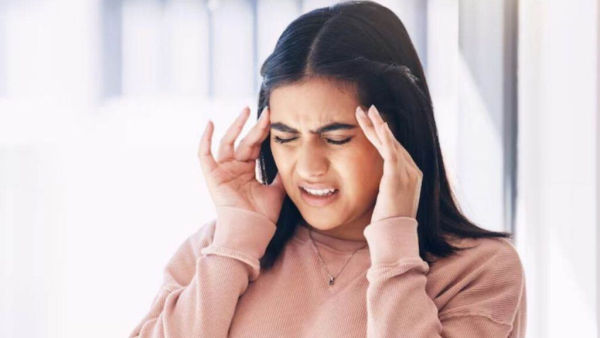
New Delhi: Migraine is a neurological problem, in which there is severe pain in any one part of the head. Along with this, problems like nausea, discomfort from light or sound, dizziness and heaviness around the eyes may also appear. This problem increases further in winter. Not only migraine patients face problems in cold weather, but people who have not had migraine before may also experience headache, slight heaviness and changes in blood flow. The risk of migraine increases when the weather changes, so it is very important to be careful.
During migraine in winter, symptoms like pricking pain in the head, pressure around the eyes, irritation from light, nausea, stiffness in the neck and irritability are more visible. Due to cold, the muscles of the body contract and the nerves of the brain can also get tightened, due to which the headache becomes more intense. Low light and short days affect the level of a hormone called serotonin, which changes the mood and increases the risk of migraine attacks. In some people, pain can also increase due to cold wind, fog and sudden drop in temperature. Apart from this, staying indoors for a long time, lack of sunlight and change in daily routine can also trigger migraine.
According to experts, due to cold in winter, the veins of the body shrink and there is a slight change in the blood flow to the brain. This change can trigger migraine. Sudden change in weather, direct exposure to cold air, nasal congestion or common winter infections can also increase headaches. Lack of sunlight causes serotonin levels to drop, which balances mood and brain activity. Running the heater dries up the air in the room and can dehydrate the body, which makes migraines feel more intense.
Some precautions are necessary to prevent migraine in winter: Cover the head and ears from cold air. Sit in the sun for 15–20 minutes daily. Drink enough water. Do not use too cold room or heater excessively. Maintain regular sleep and routine. To reduce stress, do meditation or light exercise and limit your intake of excessive caffeine or fast food. With these measures, the risk of migraine in winter can be reduced to a great extent and headache can be provided.